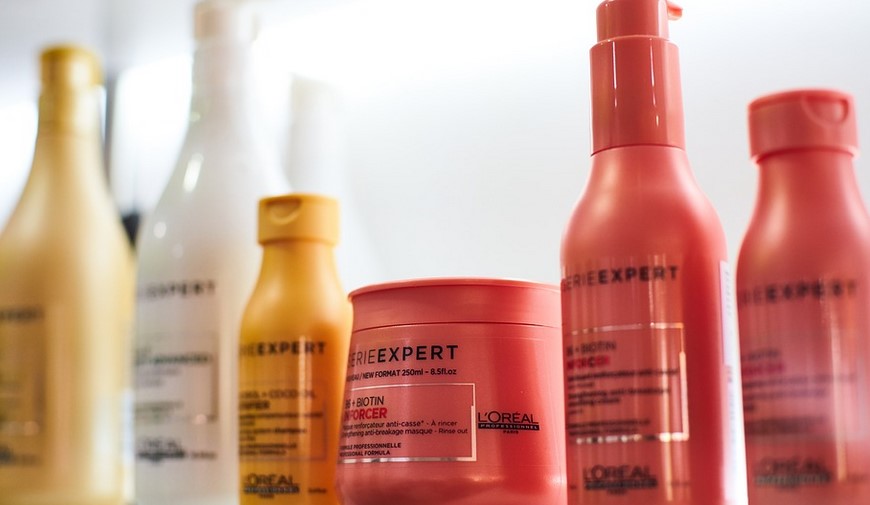Introduction
Cold process soap making is an art that requires patience, attention to detail, and a bit of troubleshooting. While some batches turn out perfectly, others may have issues that need to be addressed. In this article, we’ll explore common cold process soap troubleshooting problems and provide tips and tricks to help you make a successful batch.
Problem: Soap doesn’t harden
If your soap doesn’t harden, it’s likely due to too much water in the recipe or not enough lye. To fix this issue, try decreasing the amount of water in your next batch or increase the amount of lye.
Problem: Soap is too soft
If your soap is too soft, it may be due to not enough lye or not enough time to cure. To fix this issue, double-check your lye calculations and give the soap more time to cure.
Problem: Soap is crumbly
If your soap is crumbly, it may be due to too much lye or not enough water in the recipe. To fix this issue, try decreasing the amount of lye or increasing the amount of water in your recipe.
Problem: Soap has a lye-heavy smell
If your soap has a strong smell of lye, it may be due to not enough time to cure. To fix this issue, give the soap more time to cure before using or selling it.
Problem: Soap has air pockets
If your soap has air pockets, it may be due to not enough mixing or not tapping the mold enough. To fix this issue, ensure that you mix the soap thoroughly and tap the mold firmly to remove any air pockets.
Problem: Soap has discoloration
If your soap has discoloration, it may be due to using too much fragrance or not enough stabilizer. To fix this issue, try using less fragrance or adding more stabilizer to your recipe.
Problem: Soap has a greasy feeling
If your soap has a greasy feeling, it may be due to using too much oil in the recipe or not enough lye. To fix this issue, try decreasing the amount of oil in your recipe or increasing the amount of lye.
Problem: Soap is too drying
If your soap is too drying, it may be due to using too much lye or not enough superfatting. To fix this issue, try decreasing the amount of lye or increasing the amount of superfatting in your recipe.
Problem: Soap has a rough texture
If your soap has a rough texture, it may be due to not enough mixing or using the wrong type of mold. To fix this issue, ensure that you mix the soap thoroughly and use a smooth mold that will give the soap a smooth finish.
Conclusion
In conclusion, cold process soap making can be an enjoyable and rewarding experience. However, it’s important to be aware of common cold process soap troubleshooting problems and how to fix them. By following the tips and tricks outlined in this article, you’ll be well on your way to making successful batches of cold process soap.

